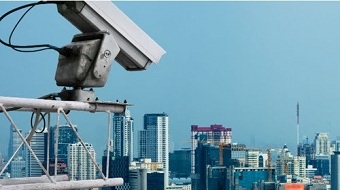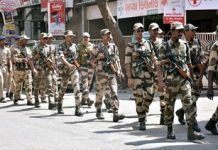A bench of chief Justice DN Patel and justice Prateek Jalan issued notice to the ministries of home affairs, information technology, communications, defence and law and justice for their stand on the plea filed by Centre for Public Interest Litigation (CPIL) and Software Freedom Law Centre (SFLC) through advocate Prashant Bhushan. Appearing for the Centre, its standing counsel Ajay Digpaul accepted the notice for all the ministries and said a reply would be filed. The matter would be now heard on January 7.
The plea claimed that the three surveillance systems allow Central and state law enforcement agencies to intercept and monitor all telecommunications in bulk which is an infringement of the fundamental right to privacy of individuals. While CMS is a surveillance system under which all forms of communications, like telephone calls, WhatsApp messages and emails, are intercepted and monitored, NETRA has been developed by the Centre for Artificial Intelligence (CAIR) to monitor internet traffic for the use of keywords such as attack, bomb, blast or kill in tweets or status updates on social media platforms, emails or blogs, the plea has said.
NATGRID, the plea said, is “a counter-terrorism initiative to be undertaken on public-private partnership that will utilise technologies like Big Data and advanced analytics to study and analyse huge amounts of data and metadata’’ related to individuals from various standalone databases belonging to various agencies and ministries of the Indian government”.
Under the NATGRID system, tax and bank account details, credit card transactions, visa and immigration records and itineraries of rail and air travel would be monitored, the plea has said.
During the proceedings, Bhushan submitted that even though the apex court has held that financial details and travel plans of citizens cannot be intercepted or monitored except in larger public interest and in accordance with the laws, an RTI reply said 7,500 to 9,000 permissions were being routinely granted every month for intercepting and monitoring communications of citizens and the committee which is to review such permissions sits only once in two months








